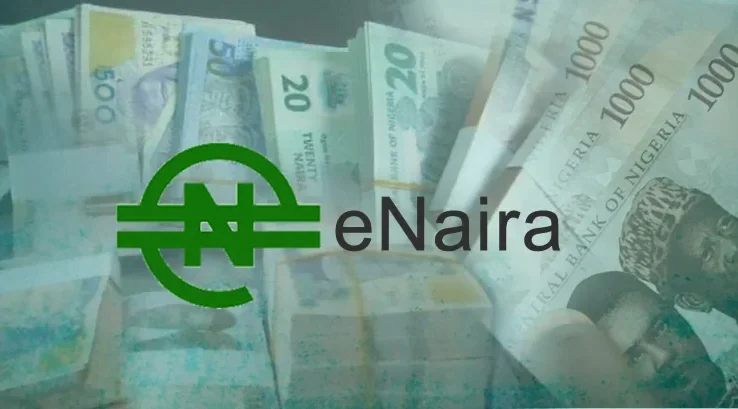Participants at the eNaira Hackathon were informed that the CBDC would become more appealing and accessible as a result of technological advancements.

According to Nigerian Central Bank governor Godwin Emefiele, who was speaking at the 2022 eNaira Hackathon in Abuja on Thursday, the eNaira, the country’s central bank digital currency (CBDC), would enter the second phase of its growth with new technologies to increase its user base. In October 2021, the eNaira, Africa’s first CBDC, was introduced.
The digital currency is a journey, not a single event, according to Emefiele.
“We don’t have a choice but to live with the fact that we are now in a digital economy, in a digital space, where the user[s] of cash will dissipate almost to zero.”
“The project’s second phase has started, and it aims to promote financial inclusion by bringing aboard underserved and unbanked consumers […] with a goal of roughly 8 million active users,” Emefiele stated. With around 270,000 active wallets, including 252,000 consumer wallets, the CBDC has received roughly 840,000 downloads. Approximately 200,000 transactions totaling 4 billion naira (or roughly $9.5 million at the official exchange rate) have taken place.
Unstructured Supplementary Service Data (USSD), which will enable customers to establish eNaira wallets simply by calling a four-digit number on their mobile phones regardless of whether they have bank accounts, will be implemented by the central bank “by next week,” according to Emefiele. After that, customers with bank accounts will be able to transfer money instantly between bank accounts via the Nigeria Inter-Bank Settlement System (NIPS). There are currently applications available for the digital currency that let users pay for utilities and a variety of other services.
The digital currency platform will also be enhanced with the eNaira Hackathon platform, according to Daniel Awe, CEO of the Africa Fintech Foundry The central bank and that organization together sponsored the hackathon, which received 4,667 startup entries. Ten of them won awards totaling between one million and five million naira.
Despite the country’s “implicit prohibition” on cryptocurrencies, the naira and the eNaira are both subject to fierce competition from cryptocurrencies because of the volatility of the fiat currency.
